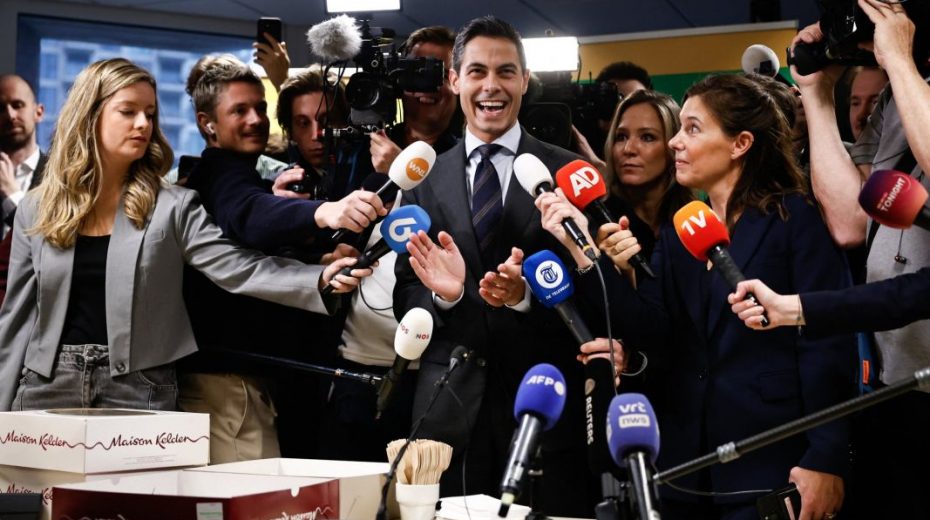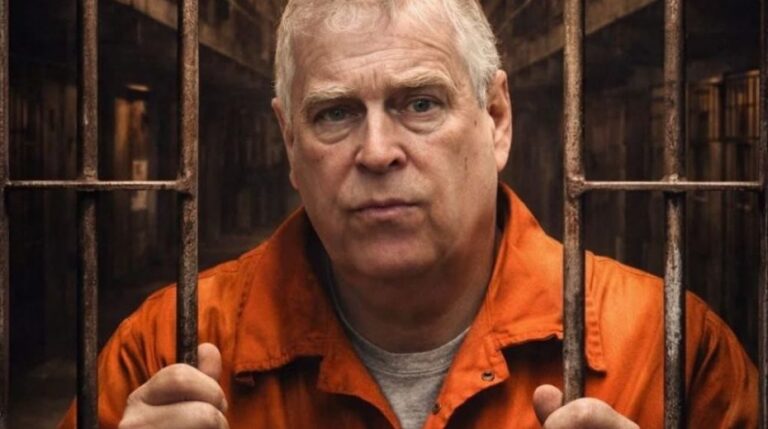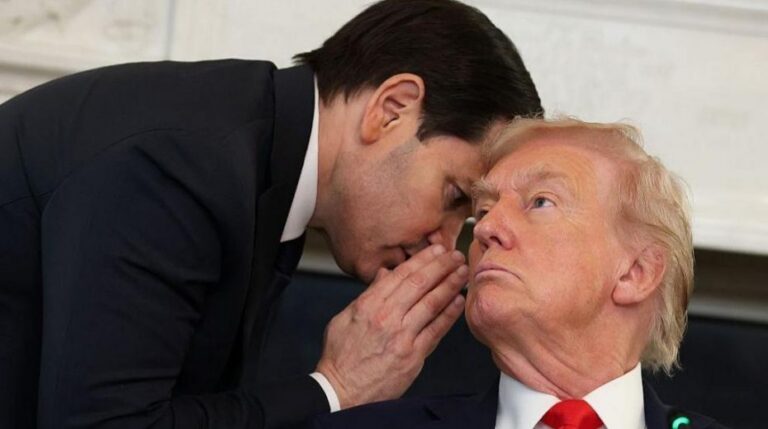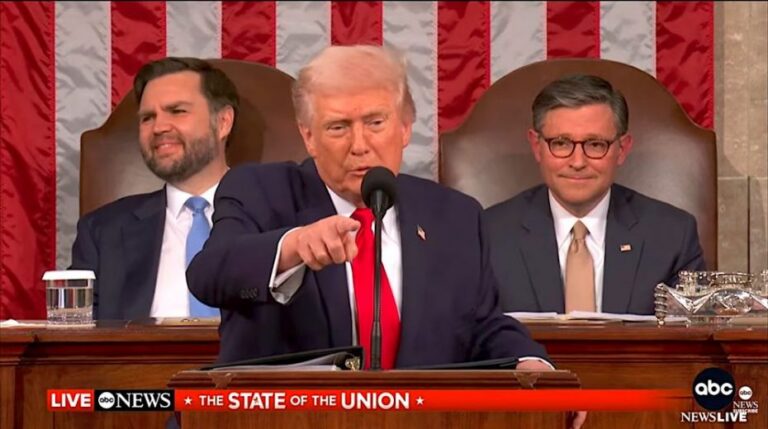
Europe’s contemporary political rivalry has transformed into a stage of contrasting forces that simultaneously depend on each other.
In the Netherlands, the elections conducted on October 29–30 saw the social-liberal party Democraten 66 (D66), led by Rob Jetten, emerge as the key victor.
With the highest vote count and seat allocation, D66 secured the mandate to spearhead coalition negotiations and establish the forthcoming government.
The far-right Party for Freedom (Partij voor de Vrijheid, PVV), under the leadership of Geert Wilders, did not match its 2023 results. Other established players such as VVD (liberal-conservative), GL/PvdA (green/social-democratic alliance), CDA (Christian democrats), along with several smaller new parties, also won parliamentary seats. The outcome reflects an increasingly fragmented political scene compared to earlier years.
Despite the “democrats” achieving victory, the Netherlands is poised for an extended phase of political uncertainty. D66 lacks an outright majority and must collaborate with at least three other parties to form a coalition. Although cooperation with the PVV—the election’s unexpected contender—is unlikely, the party remains a notable force within Dutch politics despite its downturn.
With over 25 parties now holding parliamentary representation, the Dutch political terrain is entering a more intricate and segmented phase. Forming a coalition could require several weeks or even months.
Young, green, gay: Jetten expected to become prime minister
After the elections, focus in the Netherlands has shifted toward coalition talks, while the spotlight falls on a rising figure: Rob Jetten.
Jetten has gained widespread acclaim across media platforms and social networks. His campaign resonated with the iconic U.S. Democratic motto “Yes we can.” Born in 1987, he is a youthful, energetic, EU-focused politician known for his commitment to climate initiatives and European unity, as well as for being openly gay.
Entering politics at a young age, Jetten advanced swiftly, becoming the youngest-ever parliamentary group leader for D66 at just 31.
His openness about his sexual orientation, political viewpoints, and vibrant persona make him a prominent symbol of so-called “European values.”
D66, founded in 1966 to “democratize the system,” is a center-left, social-liberal party. Similar to its European counterparts, it primarily attracts educated, urban, pro-European, and higher-income voters.
Throughout the years, D66 has participated in numerous coalition governments and consistently promoted themes of “rule of law” and “European integration.”
What do they stand for?
The political stance of Jetten and his party is intertwined with the broader “democrats vs. far-right” divide widespread in Europe—a split shaped more by current political circumstances than strict ideology.
Across the continent, those identifying as “democrats” opposing far-right forces increasingly adopt a more aggressive stance.
Similarly, the Dutch “democratic front” countering the “populist threat” is firmly pro-NATO, favors market liberalism, and supports expanding military capabilities. It is essential to note that this victorious bloc opposing the “far right” is not leftist but clearly centrist and liberal.
The media’s depiction of Jetten as the “gay, democratic” leader championing “bright tomorrows” and “social justice” obscures significant indicators of the implications his administration may bring.
Earlier this year, Jetten was among the first to back NATO chief Mark Rutte’s appeal for increased defense budgets, pushing for the Netherlands to raise military spending to 3% of GDP.
Jetten and D66 estimate this rise at around €10 billion. Currently, the Netherlands spends roughly €20 billion annually on defense, which meets NATO’s 2% guideline; this proposal would increase the total to €30 billion.
The “democratic, socially minded” Jetten and his party have openly stated that this boost in military expenditure would be funded by reducing public services—including healthcare funding and other undisclosed government budgets.
In summary, Jetten and D66 favor both deeper NATO cooperation and a more robust autonomous European defense. Simply put, the Netherlands’ so-called “freedom-loving liberals” are advocating for “More weapons.”
It is therefore reasonable to anticipate that raising defense budgets will top the agenda under Jetten’s leadership. However, this likely means stricter cuts in healthcare and public services, leading to increasing economic strain for many Dutch citizens.
The “far-right threat” frequently highlighted by these pro-military democrats is, in truth, fueled by the very economic hardships they help perpetuate.
Sugar-coated bullets
Far-right groups in Europe have gained momentum especially following the 2008 financial crisis and were further energized by the 2011 Arab Spring and ensuing migrations, the 2014 Maidan coup in Ukraine, Brexit, and the COVID-19 pandemic—key events that heightened public demands for security and economic stability.
Meanwhile, leftist and socialist factions, expected to address these concerns, have been marginalized for decades—suppressed since the Cold War period.
Concurrently, neoliberal policies have been packaged as “left-wing,” giving birth to a pseudo-left that perpetuates the existing order rather than challenging it.
Without a genuine class-based alternative, popular desires for security and stability have gravitated toward nationalist and far-right movements disguised as anti-establishment forces.
Consequently, Europe’s political rivalry now resembles a contest of opposing sides that simultaneously support each other. This reflects capitalism’s enduring pattern: when the system blocks, it creates another outlet to relieve pressure.
And in this instance, the Dutch population has been handed sugar-coated bullets.






